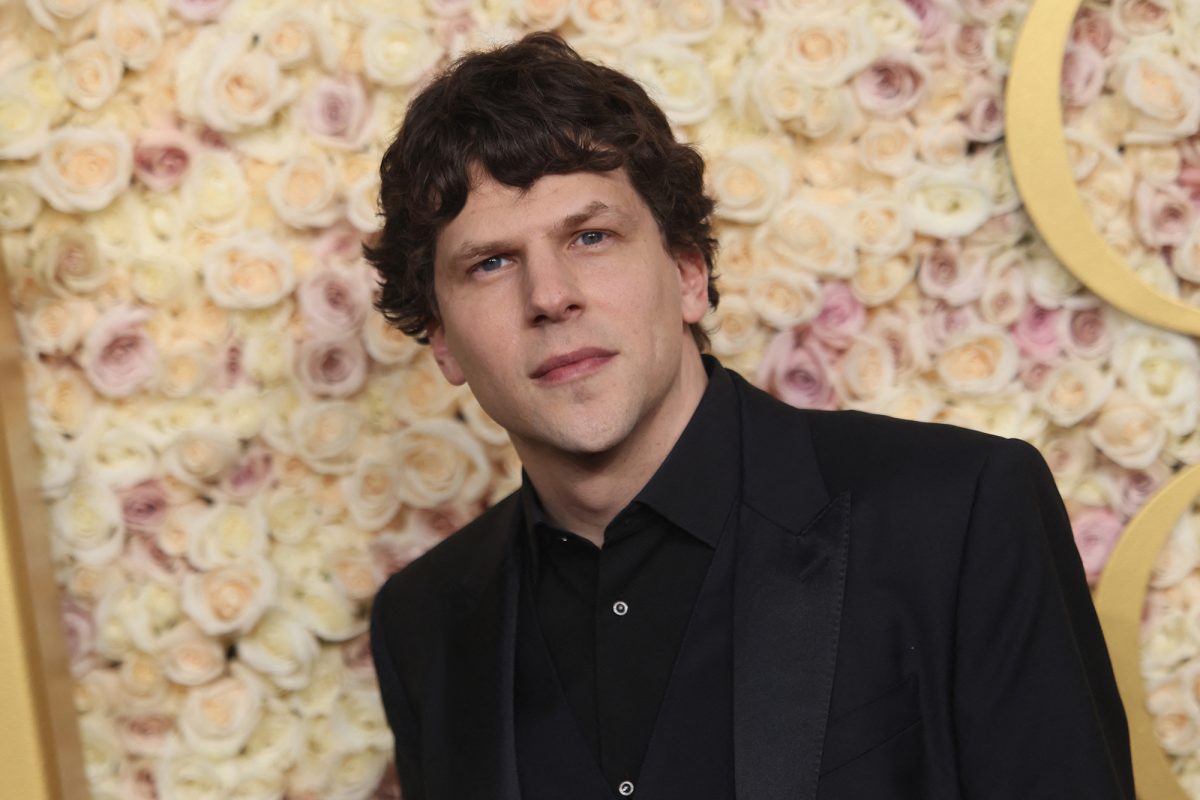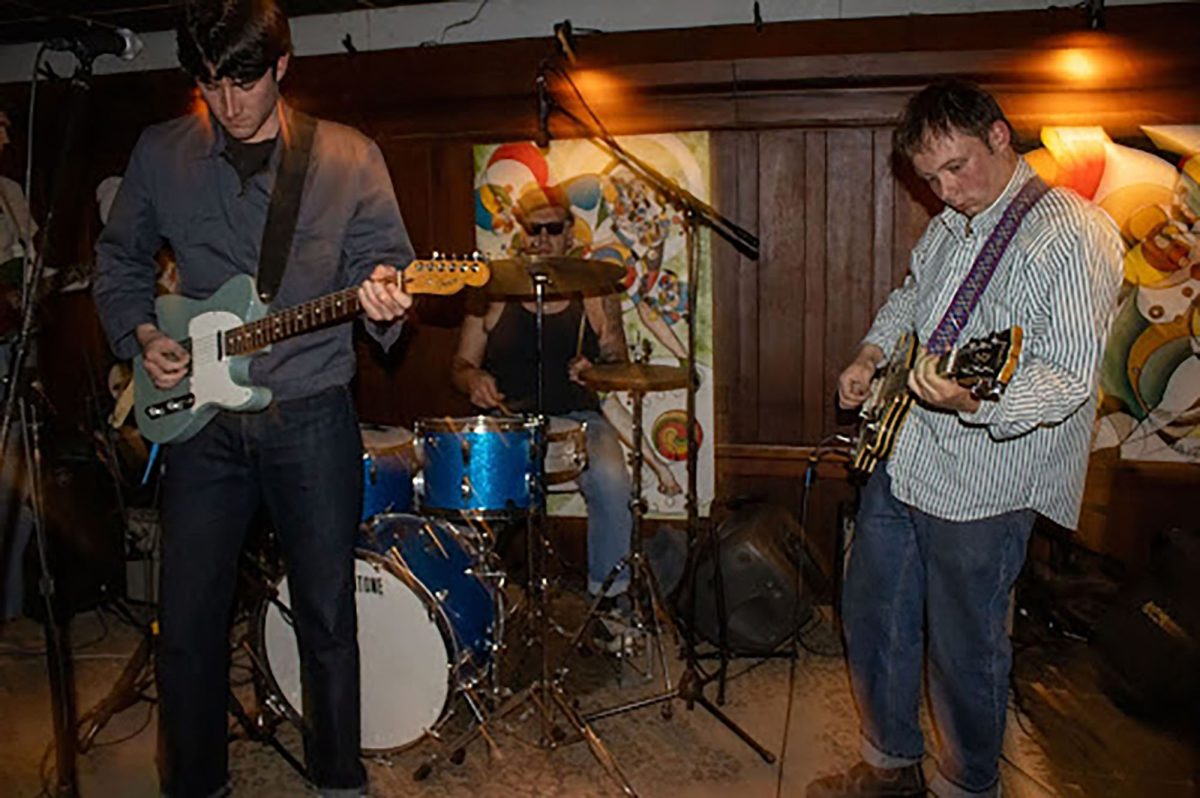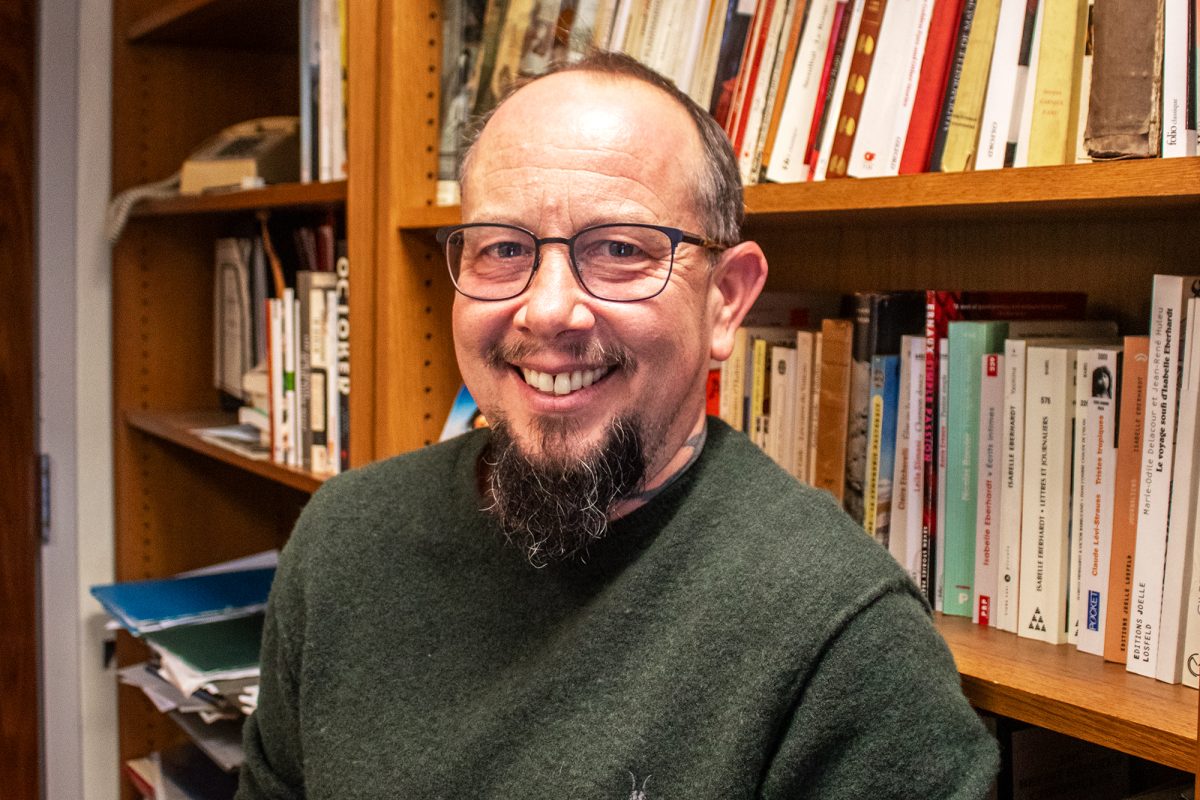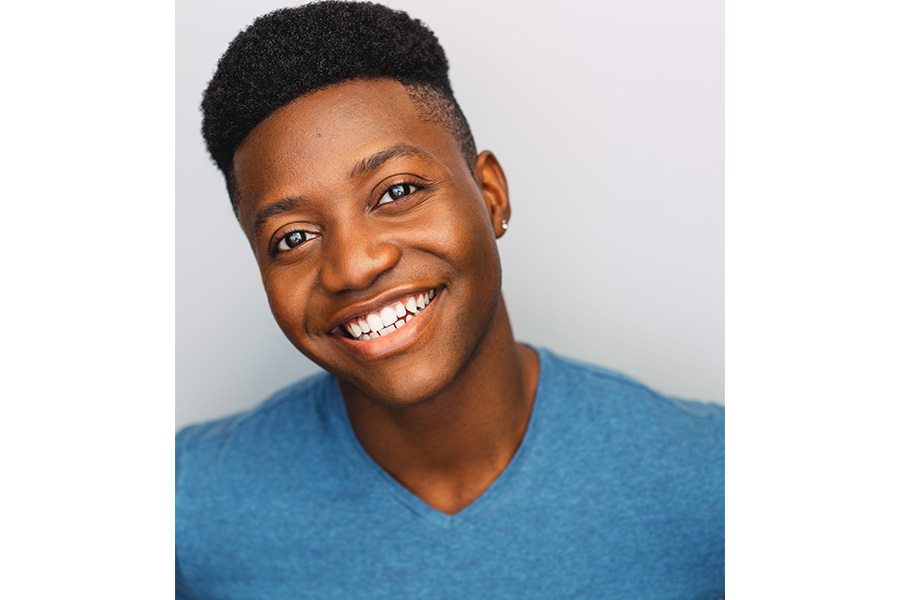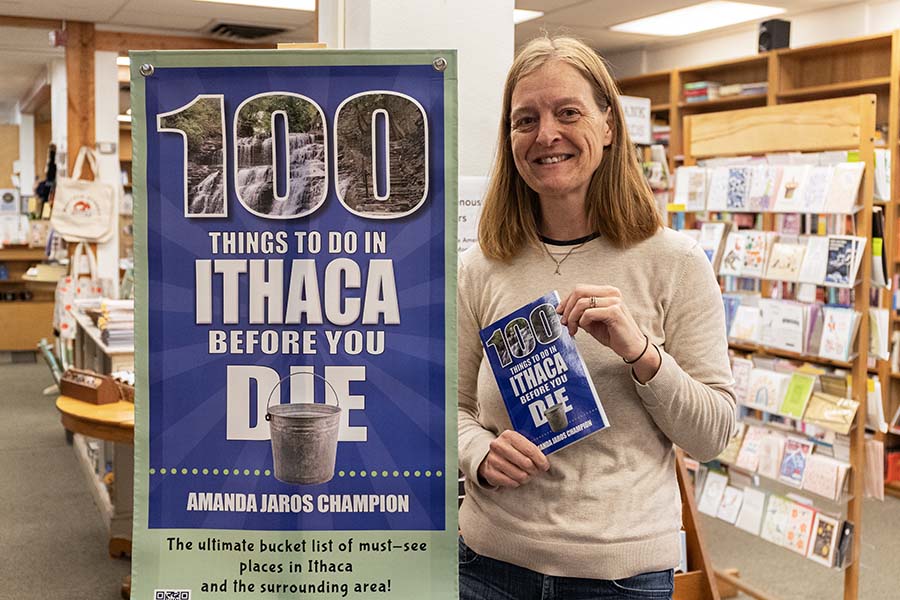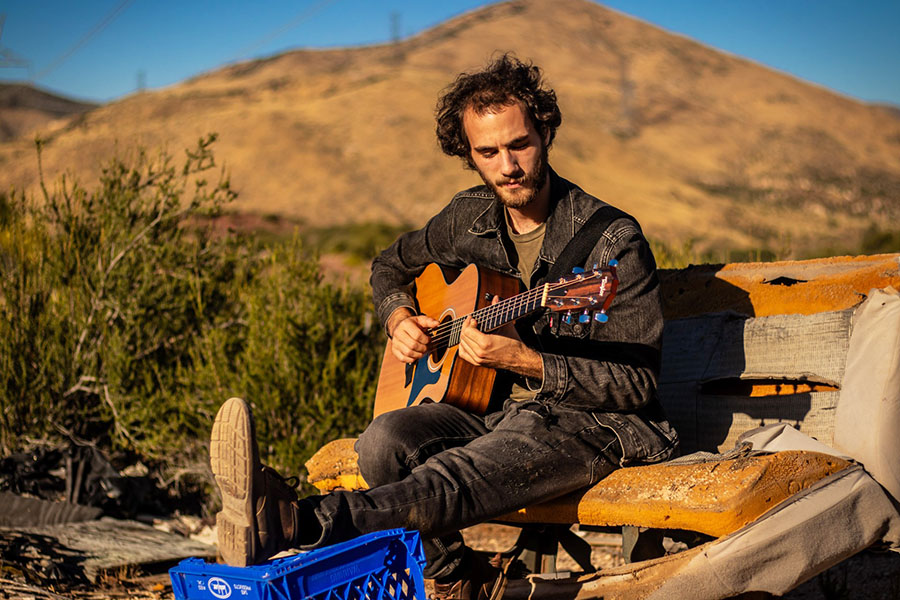During high school, first-year student Morgan Hawkins, a documentary studies and production major, created five documentaries and entered them into numerous film festivals. She won awards at multiple festivals, including the 2024 All American High School Film Festival, the Anacostia Youth Media Film Festival and the Mosaic Experience’s Nourishing Narratives. The last earned her a spot on an NPR panel Sept. 26 about food insecurity.
Her first documentary, “How a Formerly Incarcerated DC Man Became a Community Teacher and Mentor” talks about prison higher education programs, their benefits and the story of Michael Woody’s transformative experience with them. Another documentary, “Food Justice East of the Anacostia River,” raises awareness about food deserts — areas where people do not have access to healthy food — like on the east side of the Anacostia River in Washington, D.C.
Contributing writer Hudson Healey spoke with Hawkins about her documentaries and the NPR panel.
This interview has been edited for length and clarity.
Hudson Healey: Why don’t you tell me what inspired you to make [your] documentaries?
Morgan Hawkins: In ninth grade, I was put into a video production class, but I wasn’t really interested in it … then we started getting to the hands-on part of creating stories. I enjoyed the directing process, going out on shoots and ever since then, I’ve had an interest [in] creating stories. I’ve been telling stories all through high school.
HH: Tell me, what kind of stories do you create?
MH: I enjoy doing nonfiction documentaries [that] give a voice to people who feel their voices aren’t heard, tell the untold stories in my community or the untold stories of people’s lives.
HH: What do you want the viewers of your documentaries to come away with?
MH: I want viewers [who] watch my documentaries to take away that you can do anything you put your mind to. You have a voice. Use it. If you think something is wrong, use your voice. Storytelling is very powerful.
HH: How did you go about creating them? Did you have any original plans [that changed]?
MH: To go about making my stories, I [came] up with the idea and [brought] it up to my teacher, Ashley Porter, my favorite lady in the whole wide world. She [helped] me start building that story from who to interview, what locations to film at and what’s out there in the world that’s talking about the story that I [wanted] to create. And then we built from there, [started] contacting people to be interviewed and … [created] a story.
HH: What do people say when you reach out to them?
MH: I have learned that people don’t really like to respond. You have to be very persistent with emailing adults sometimes. But most of the time, I get a “yes” or I get a “Hey, I can’t do it, but I can point you in the direction of someone who can do it.” … I haven’t really received a “no” yet. I mostly received a run–around and it never happened.
HH: Tell me how [Porter] influenced you.
MH: [Miss Porter] influenced me because she told me to never give up, never stop trying, to keep going. … In every hard situation I ran into, she would push me to keep going, she would give me the tips to keep going or [she would] show me how to do it [in] a better way.
HH: Tell me more about the response you got from your films after you put them out into the world.
MH: I have applied to many, many film festivals with many of my films, and people really love them because they love … just the story I’m telling. They love my reasoning of why I’m telling the story. [People] love the prison education one that has won so many film festivals … because lots of people don’t know about prison education. People think people are just incarcerated doing nothing; in reality, there are colleges out there [that] bring their professors into jails to help educate people [who] are incarcerated.
HH: How do you get involved in [the NPR panel]?
MH: I created a story for this film festival called [Nourishing Narratives] … and it was a mobile journalism film competition and I was one of the top 10 winners. … They’re going to NPR and collaborating with a couple of different people … and I will be on a panel sharing my experience. … Overall [it’s] for youth digital storytelling and about food insecurity.
HH: What do you want people to know about what you’re doing?
MH: I want people to know that … anything can be a story [as long as] you put your mind to [it] and you know that it’s going to impact someone. … Just know that every story is important.









